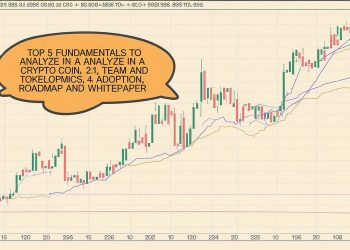El Salvador Central Bank President Only Sees ‘Upside Risks’ with Bitcoin, Expects Volatility to Help Economy Expand
Volaris, a low-cost airline, will start accepting Bitcoin in El Salvador to become the world’s first carrier to support cryptocurrencies, said El Salvador President Nayib Bukele at an event and on Twitter.
“This allows us to increase the offering of flights for Salvadorans, in addition to being the first airline in the world to accept bitcoin and of course Chivo wallet.”
Volaris also said in a statement that it was working to give clients in the Central American country the option to pay with the cryptocurrency for services at the airport. Previously, other carriers like Mexico’s TAR Airlines announced in 2015, that they would accept bitcoin.
El Salvador’s civil aviation authority granted Volaris’ local subsidiary authorization in August to operate in the country.
In another news, the country’s central bank president said that the adoption of Bitcoin as a legal tender won’t be an obstacle for the government to reach a $1.3 billion loan agreement with the International Monetary Fund (IMF).
The cryptocurrency will prove its use as a legitimate payment system and lose its reputation as a speculative asset, said Douglas Rodriguez. He actually expects Bitcoin volatility to help expand their economy by more than 9% of the bank forecasts for this year. Today, Bitcoin hit a new all-time high above $67,000.
“We don’t see any risks. Perhaps, upside risks,” Rodriguez said in a virtual interview. Bitcoin will “become a payment system, a system for financial inclusion,” he added.
Rodriguez further shared that they have emphasized this to the IMF in their talks for a potential extended fund facility. The global body is expected to release its review on El Salvador’s finances and economics next month.
“We’ve explained openly to the IMF, for us, Chivo and bitcoin is simply a payment method.”
Adoption of crypto is just a way for Salvadoreans to access more payment methods in a nation where more than three-quarters of citizens are unbanked, said Rodriguez adding, it is a means for those whom the financial industry deems high-risk.


















